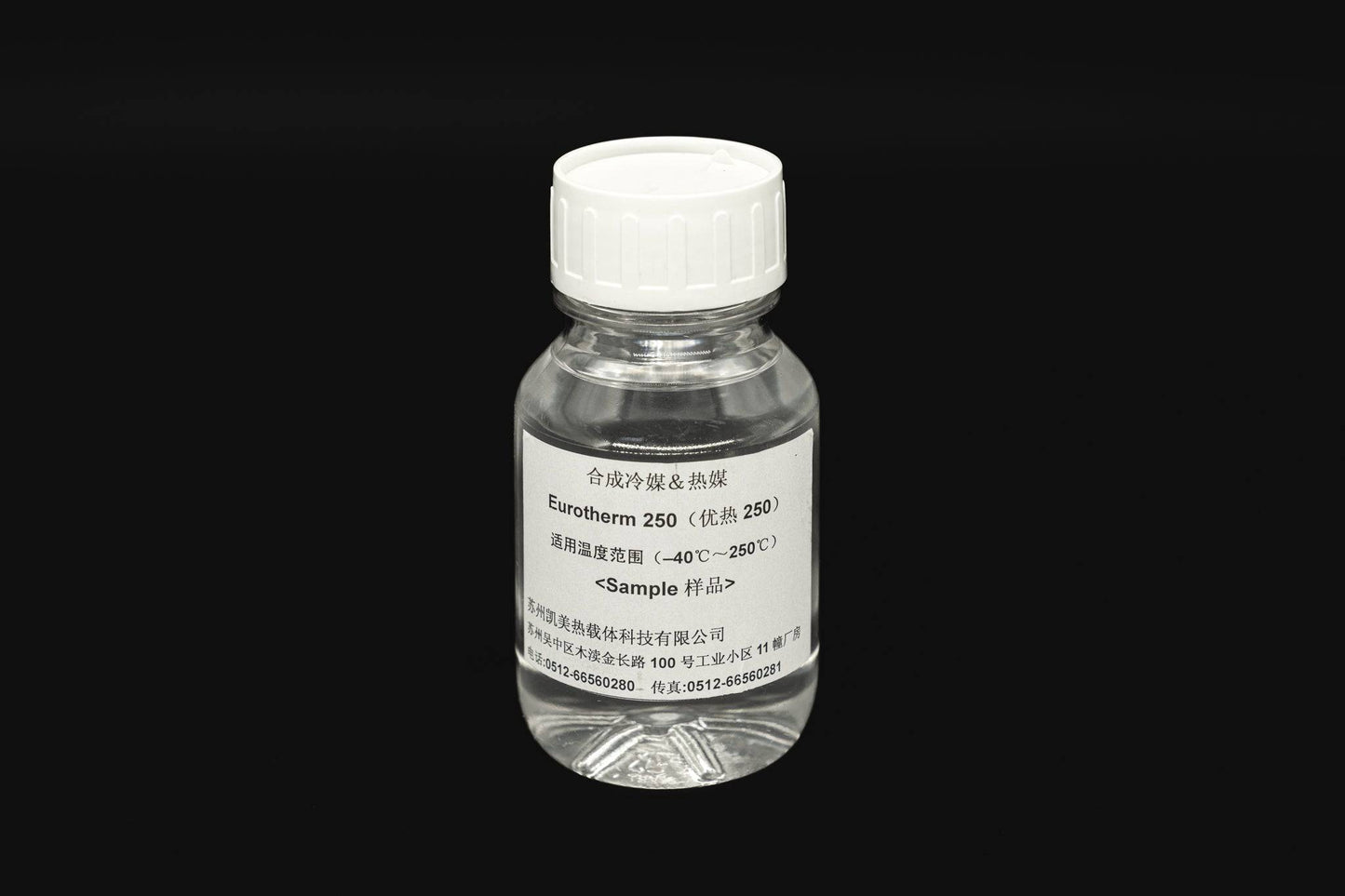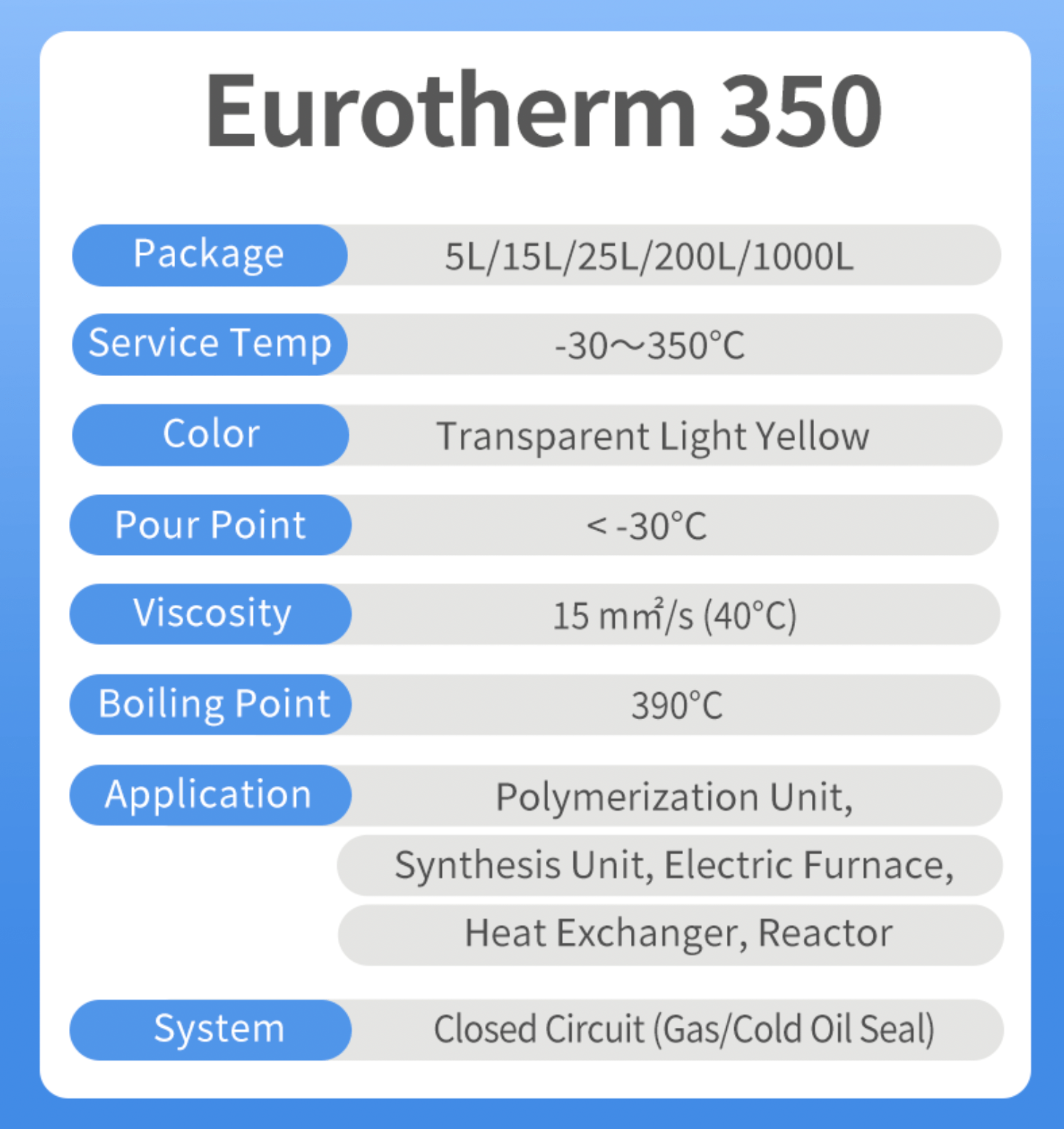The 9-Minute Rule for Chemie
Rumored Buzz on Chemie
Table of ContentsThe smart Trick of Chemie That Nobody is Talking AboutThe Ultimate Guide To ChemieExcitement About ChemieAn Unbiased View of ChemieThe Best Guide To Chemie4 Simple Techniques For Chemie
(https://www.pageorama.com/?p=chemie999)Measured adjustment in electrical conductivity of fluid examples as a function of time when stirred with the material example in the closed indirect cooling loophole experiment. Figure 6 shows the change in the gauged electric conductivity of the fluid examples when mixed with the resin example. The conductivity of the water sample from the closed loop experiment lowered by about 70% from 11.77 S/cm to 3.32 S/cm in six hours.These outcomes suggested that the capacity of the material depends on the test liquid utilized for the experiment. This shows that various ions existing in the liquid will cause different ion exchange ability of the fluid. For that reason, determining the ion exchange material capacity with the liquid sample from the real cooling loophole is essential.
The Best Strategy To Use For Chemie
An ion exchange material cartridge having 20g of Dowex mixed bed material might take on order 938 days to fill - dielectric coolant. To put it simply, to preserve a reduced electric conductivity, a material cartridge with the measurement and weight spec as that of the resin cartridge utilized in the experiment, require to be changed every 30 months for the cooling system that was utilized in the experiment
The air conditioning of digital parts has come to be a significant difficulty in recent times due to the advancements in the design of faster and smaller parts. The usage of a liquid coolant has ended up being attractive due to the greater warm transfer coefficient attained as contrasted to air-cooling.
The 4-Minute Rule for Chemie
A solitary phase air conditioning loop is composed of a pump, a warm exchanger (chilly plate/mini- or micro-channels), and a heat sink (radiator with a follower or a liquid-to-liquid heat exchanger with chilled water cooling). The warm resource in the electronics system is affixed to the warm exchanger.
The demands might vary depending upon the type of application. Following is a listing of some basic requirements: Great thermo-physical buildings (high thermal conductivity and certain warmth; low viscosity; high unexposed heat of evaporation for two-phase application) Reduced cold point and burst factor (occasionally burst defense at -40 C or lower is required for shipping and/or storage space purposes) High climatic boiling point (or reduced vapor stress at the operating temperature level) for solitary stage system; a slim desired boiling point for a two-phase system Excellent chemical and thermal security for the life of the electronics system High flash factor and auto-ignition temperature level (in some cases non-combustibility is a demand) Non-corrosive to products of building (steels along with polymers and various other non-metals) No or marginal governing restraints (environmentally friendly, nontoxic, and potentially eco-friendly) Affordable The most effective electronic devices coolant is a low-cost and safe fluid with superb thermo-physical homes and a lengthy life span.
Chemie for Dummies
A lot of these fluids have a non-discernible smell and are harmless in case of call with skin or consumption. As pointed out before, aliphatic PAO-based liquids have actually replaced the silicate-ester fluids in a selection of armed forces electronics (and avionics) cooling down applications in the last years. Another course of prominent coolant chemistry is dimethyl- and methyl phenyl-poly (siloxane) or generally called silicone oil.
Of all, these liquids are non-combustible and non-toxic. Some fluorinated substances have zero ozone depleting possible and other ecological residential properties.
This coolant is identified as hazardous and ought to be managed and disposed of with treatment. The top quality of water utilized for the preparation of a glycol service is extremely crucial for the system.
What Does Chemie Do?

This is a low expense antifreeze option, finding use in refrigeration solutions and ground resource warmth pumps - fluorinert. This fluid can be utilized down to -40 C owing to its fairly high rate of heat transfer in this temperature level range.
It is taken into consideration more dangerous than ethylene glycol and subsequently has found usage just for procedure applications situated outdoors. Methanol is a flammable fluid and, as such, introduces a potential fire hazard where it is saved, managed, or used.
Indicators on Chemie You Need To Know
As a flammable fluid, it calls for specific preventative measures for managing and storage. Liquid options of calcium chloride find large usage as distributing coolants in food plants. It is non-flammable, non-toxic and thermally extra reliable than the glycol services. A 29% (by wt.) calcium chloride service has a cold point below -40 C.
